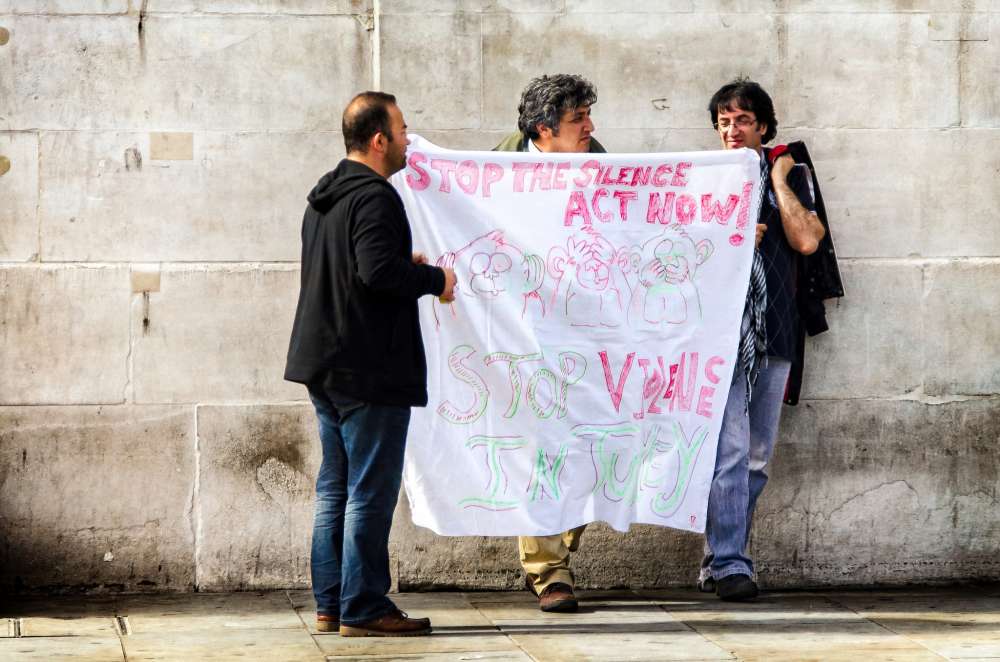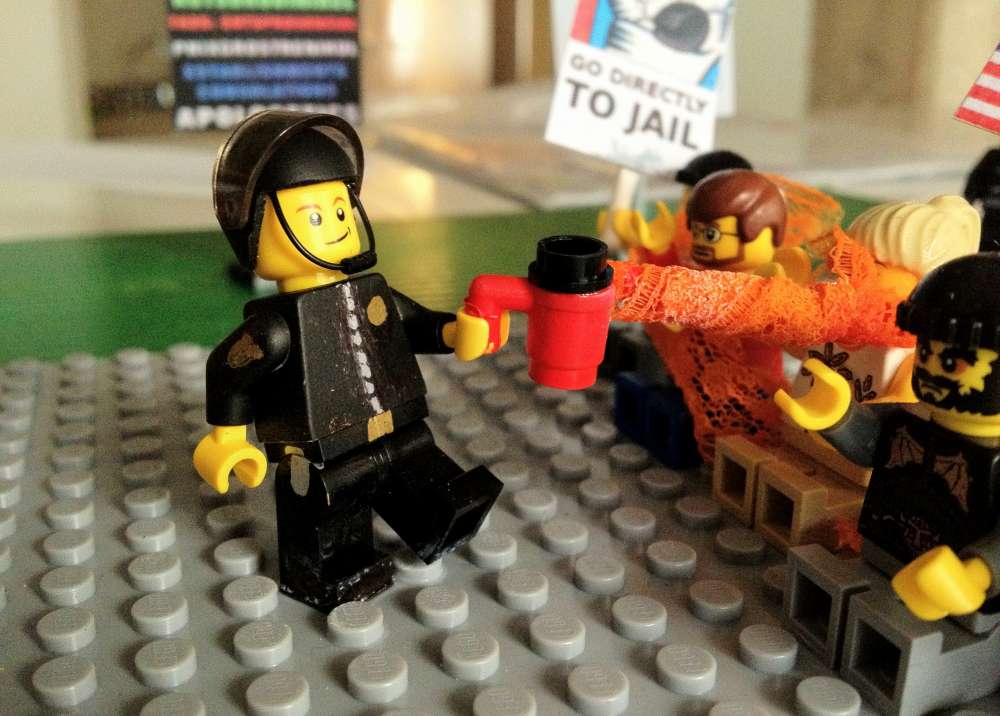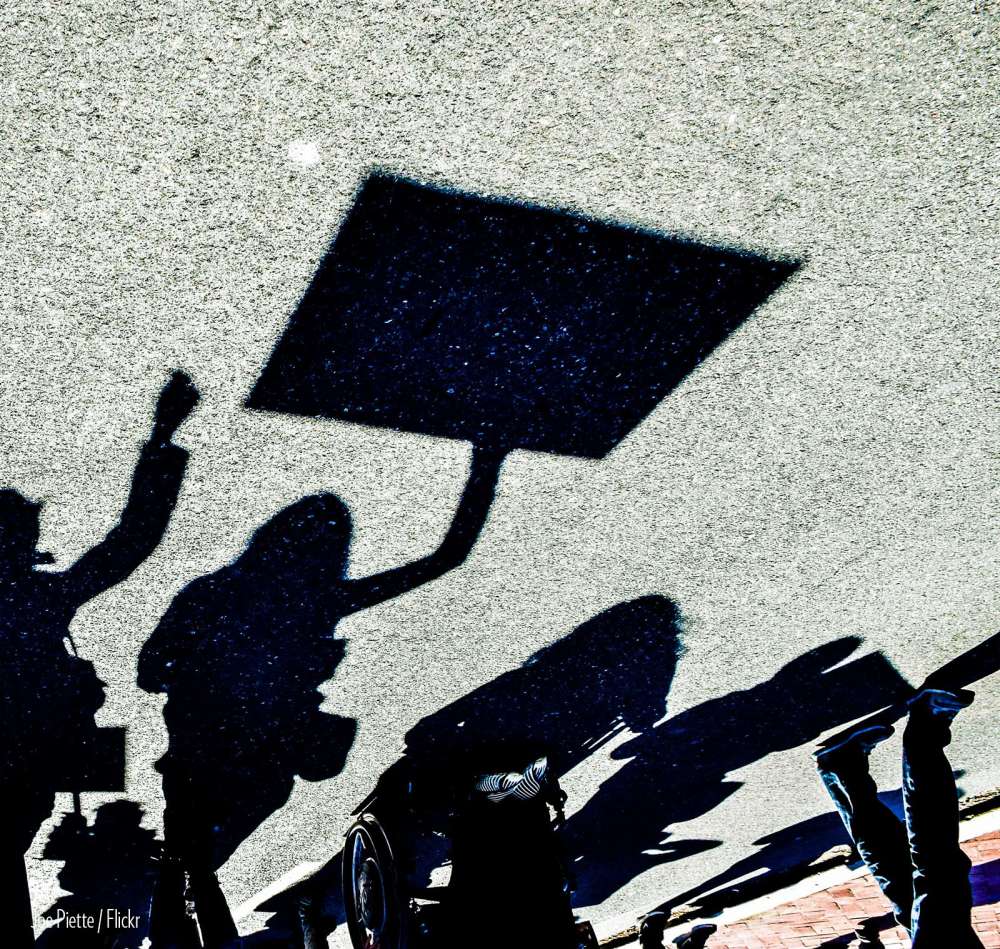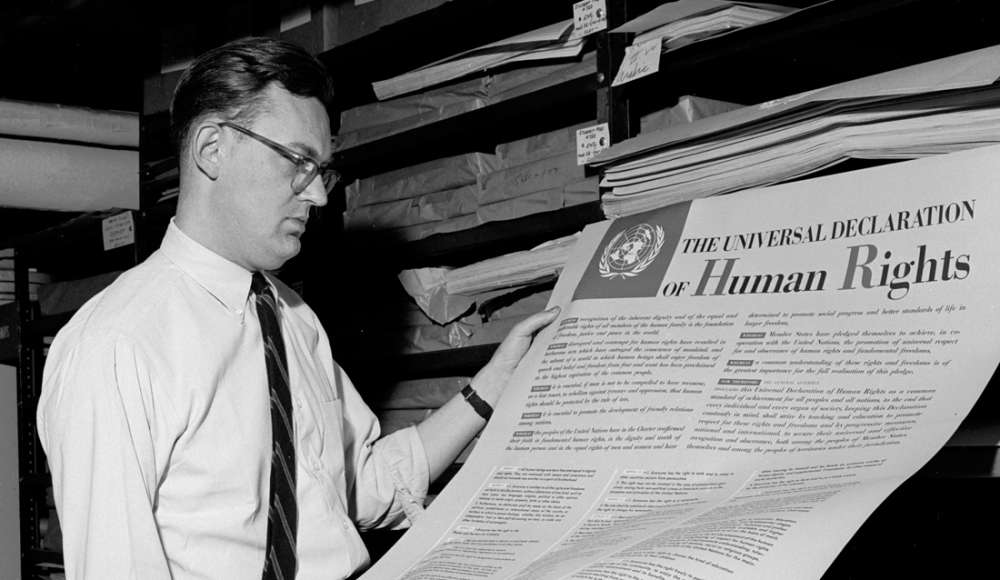Defending Rights, Fighting Fatalism

In 2017, both activists and political pundits embraced a rhetoric of doom and gloom about the global state of human rights. But faced with a world painted in ever darker colors, we risk losing sight of the bigger picture. This month marks 19 years since the UN Declaration on Human Rights Defenders was adopted. Its troubled story can teach us something about the long arc of history when it comes to the advancement of human rights worldwide.
There is no doubt that human rights defenders are under attack today. But that is not new. Defending human rights is and always has been a highly political and often dangerous undertaking. People who have raised their voices against injustice, from totalitarianism and colonial oppression to capitalist exploitation, have been persecuted and silenced throughout human history. Repressive regimes and groups in power seem just as quick and clever in adapting methods of control as their opponents are in carving out new spaces.
However, rather than giving in to fatalism we should learn from history that counter-discourse and pushback is an inevitable part of the human rights success story. On December 9, 1998, the United Nations (UN) member states unanimously declared that everyone has a right to defend human rights. This consensus in the UN General Assembly, however, did not mean that states were in wide agreement. Born out of a context of intense persecution of dissidents in the late 1970s, the lengthy negotiation process for what eventually became the Declaration on Human Rights Defenders was at the verge of collapsing time and again over surprisingly topical issues like foreign funding, supremacy of domestic law, or national security.
Stories like that of the Declaration illustrate how writing human rights history requires both perseverance and the prompt use of political windows of opportunity. These stories teach us not to submit to pessimistic rhetoric that can easily cloud our judgment, but to remain committed to multilateral cooperation on rights issues, particularly during challenging times.
To learn more about how the Declaration on Human Rights Defenders was adopted against all odds, what difference it has made and why the term “human rights defenders” was omitted from the document, see my recent analysis of the 1998 Declaration on Human Rights Defenders.







